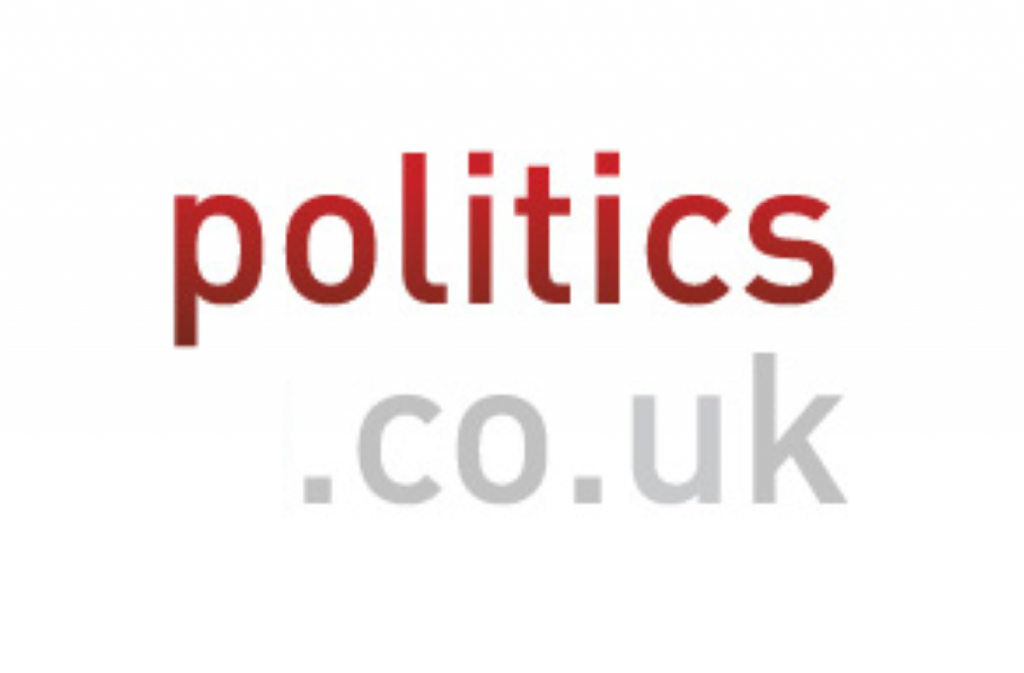Comment: The return of left and right
I don’t know if you’ve noticed, but newspaper headlines are changing. When BP posted its profits earlier this week, newspapers of all stripes – the Express and the Daily Mail included – started to sound like the Socialist Worker.
“Should something be done to reduce BP’s profit-making ability?” asked one. “Call for windfall tax on BP’s obscene £37 million a day” went another.
If further proof of an economic downturn were needed, you just need to look at newspaper headlines. As the financial prognosis gets worse, editorials veer slowly leftwards.
There’s no surprise in this. Newspapers and websites appeal to their readers, and readers are feeling the pinch, meaning it’s the media’s job to express their frustration. But the next few years – if that’s how long this period lasts – will go a long way to disproving the increasingly tired suggestion that left and right are irrelevant terms.


The very fact anyone even dared suggest such a thing is merely an indication of how good we’ve had it: Well over a decade of uninterrupted growth. Gradually expanding TV screens, house extensions and waistlines. A government which – for all its faults – had some success in harnessing private investment and directing it towards better hospitals. All these things combined to give people the impression left and right were old words no longer relevant to a society which had a different set of issues, like immigration, the environment and crime.
Times don’t look so rosy now. Suddenly questions of how resources are distributed are coming back in to fashion, because we have less of what we’re used to and we’d like to have more. These are questions of left and right. There are no other words for it. The Conservatives have become as wary of being described as right wing as Labour are of being called left wing. As for the Liberal Democrats, they put a good amount of effort into convincing people the old paradigm of right vs left was over – to be replaced by authoritarianism vs liberalism. But the priorities of commentators and the calculations of politicians have not made these words disappear, and now that they are returning it’s important to know what they mean, and to know their limits.
Speaking to a shadow Cabinet secretary the other day, he insisted – albeit rather hesitantly – on describing pro-Europeans as left wing and Eurosceptics as right wing. In debates on abortion or stem cell research it’s quite common to describe the pro-choice lobby as left wing and anti-abortionists as right wing. Now it’s possible there’s a tendency for those who believe in income redistribution to have greater sympathy for women’s rights or international cooperation, but there’s no necessary connection. Our use of these words beyond their ability conveys a serious meaning is half the reason their use has become antiquated and vague.
Many on the left shudder with horror at the government’s anti-terror strategy, asking how a Labour government could be so authoritarian as to impose 42-day detention or throw elderly activists out of its conference for heckling. But there’s nothing particularly left wing about civil liberties. Civil liberties are about the relationship of the individual to the state, not income distribution. Both left and right had their own disastrous historical dalliances with authoritarianism and neither of them can lay claim to personal political freedom.
Questions of left and right are about economics and very little else. When we expand their use to other issues we do our allies and opponents a disservice. Humans are an endlessly complex animal, and there’s nothing in someone’s views on capital gains tax to hint at their opinions on abortion. We have the right – some might say the duty – to address each issue on its own terms, not sign up to broad opposing tribes.
As the front pages of the newspapers start to look more like the business pages, differing economic viewpoints will become more and more important. We are seeing it today with reports Alistair Darling is sat in the Treasury weighing up the pros and cons of slapping a tax windfall on energy companies. I challenge anyone to describe that decision without reverting to questions of left and right. Do we take from rich companies to give to low income families, scared of shivering their way through the winter? Or do we believe the money they earned is theirs and governments have no right to unilaterally take their profit for their own moral or political purposes?
These are big questions, a labyrinth of practical and philosophical judgments. You will hear more and more of them over the coming months, but don’t get the impression they ever went away. They were just resting, waiting for the bad times to come again.
Ian Dunt









